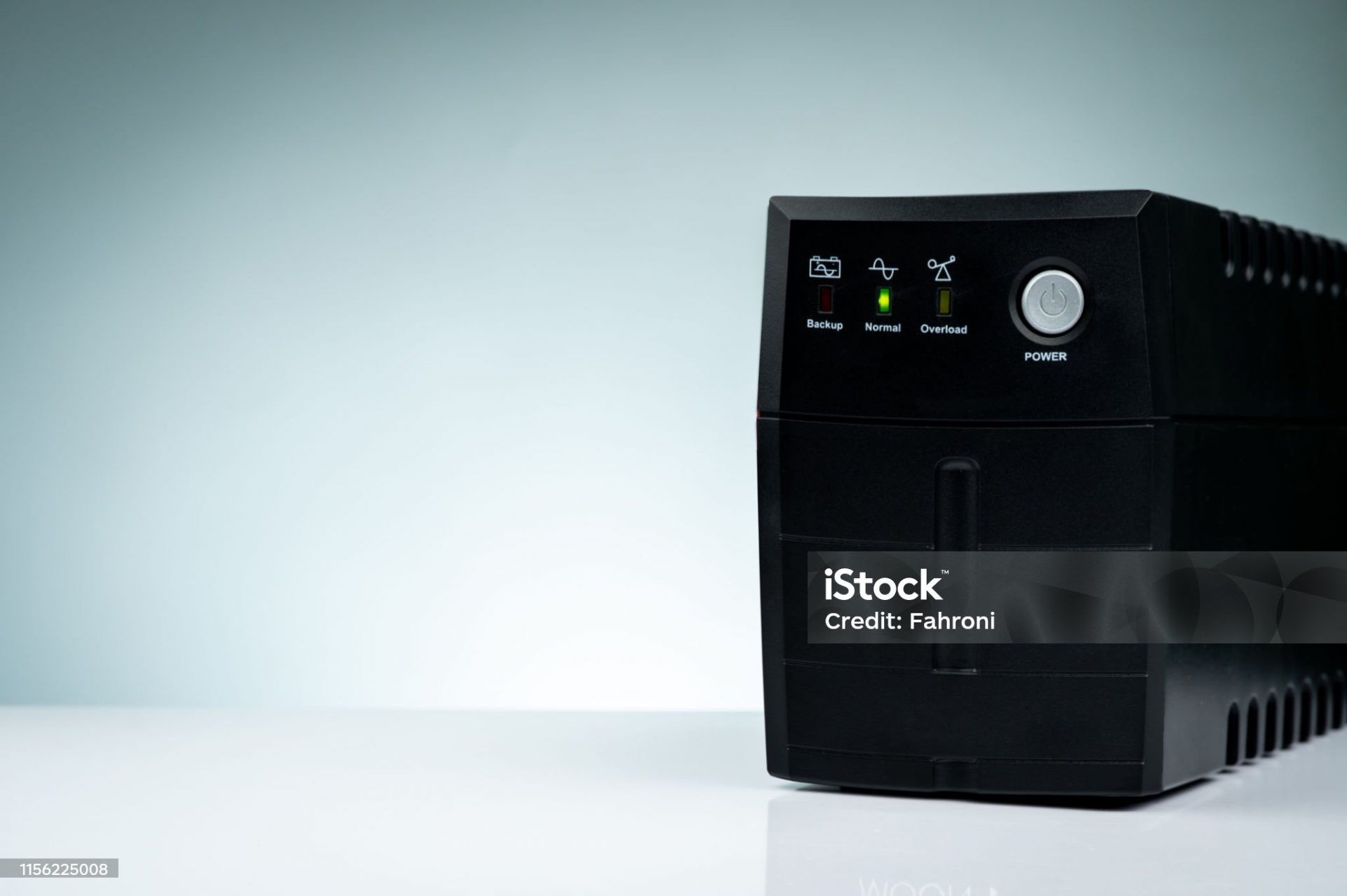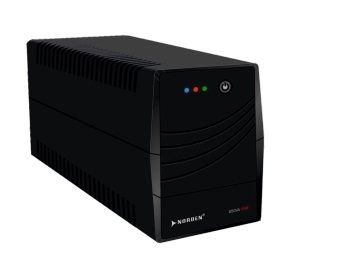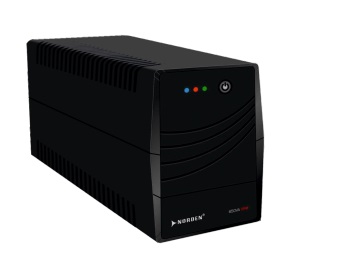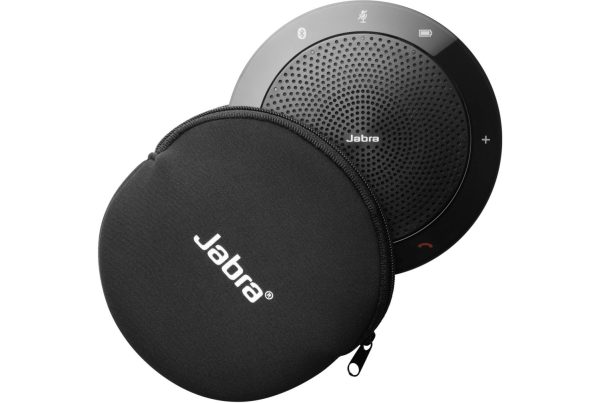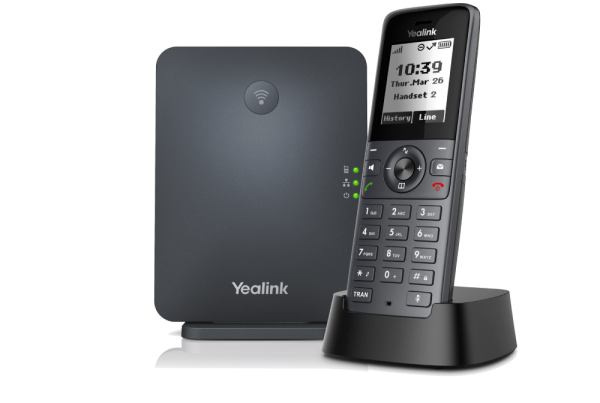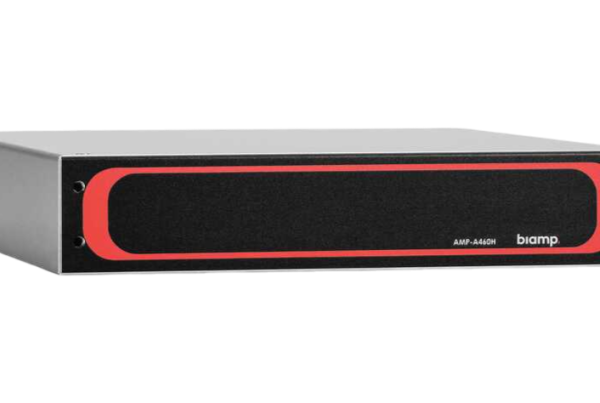Introduction
Two common sizes for home use are the 1000VA UPS and the 1500VA UPS. But how do you decide which one is right for you? Does a Norden UPS 1500VA provide the right wattage for your devices? And how do these units compare when it comes to battery life, cost, and other factors? In this article, we’ll explore the 1000VA vs 1500VA UPS, examine their capabilities, and guide you in selecting the ideal one for your home. Whether you’re using a pure sine wave UPS 1500VA for sensitive electronics or need a UPS for a 1300W power supply, we’ve got you covered!
Table of Contents
- Introduction
- What is a UPS?
- Understanding VA and Wattage
- 1000VA UPS: How Much Power Does It Handle?
- 1500VA UPS: How Much Power Does It Handle?
- UPS 1000VA vs 1500VA: Battery and Runtime
- UPS 1000VA vs 1500VA: Price Comparison
- Cost of Maintenance and Battery Replacement
- Choosing the Right UPS for Your Electronics
- Best UPS for TV and Home Entertainment Systems
- How to Calculate UPS Runtime for Your Devices
- Conclusion
- FAQs
What is a UPS?
A UPS (Uninterruptible Power Supply) is a device that provides backup power during an electrical outage. It is designed to keep your devices running smoothly for a short time when the power goes out. Most importantly, it prevents data loss in computers and gives you enough time to safely shut down your devices.
There are various sizes and types of UPS units on the market, including the 1000VA UPS and 1500VA UPS, which differ in their power output. Understanding these differences will help you make an informed decision on which one to choose for your home.
Understanding VA and Wattage
Before diving into the specifics of 1000VA vs. 1500VA UPS, it’s important to understand what VA (Volt-Amperes) and wattage mean.
- VA (Volt-Amperes): This measures the total electrical power a UPS can deliver. It’s often used to describe the capacity of the UPS.
- Wattage: Wattage measures the actual usable power that the UPS can provide to devices.
To convert VA to watts, you can use the formula:
Wattage = VA x Power Factor
Typically, the power factor for most UPS systems ranges from 0.6 to 0.8. For instance, a 1000VA UPS with a power factor of 0.7 will provide about 700 watts of usable power.
1000VA UPS: How Much Power Does It Handle?
A 1000VA UPS is typically suitable for home setups with smaller power demands. Here’s what it can typically handle:
- Typical Wattage: Around 600 to 700 watts.
- Ideal For: Small devices such as routers, modems, home theater systems, and low-power computers.
- Best Use: If you only need backup power for essential electronics like a Wi-Fi router or a TV, a 1000VA UPS should suffice.
1500VA UPS: How Much Power Does It Handle?
On the other hand, a 1500VA UPS offers a higher capacity. Here’s what to expect:
- Typical Wattage: Around 900 to 1,100 watts.
- Ideal For: Larger setups, including gaming PCs, high-end home theater systems, or multiple devices that require more power.
- Best Use: If you have a 1300W power supply for a PC or need to run more demanding electronics, the 1500VA UPS is a better fit.
UPS 1000VA vs 1500VA: Battery and Runtime
One of the key considerations when selecting a UPS is how long it can keep your devices powered. The battery runtime depends on several factors:
- Battery Capacity: The size of the battery affects how long the UPS can run your devices.
- Power Consumption: The higher the power draw from your devices, the shorter the runtime.
Generally, a 1500VA UPS will provide longer runtime than a 1000VA UPS because it has a larger battery and can handle more devices. However, keep in mind that the pure sine wave UPS 1500VA will give you cleaner power, which can be more efficient for sensitive electronics like gaming PCs and home theater systems.
UPS 1000VA vs 1500VA: Price Comparison
When considering the price, the 1000VA UPS will typically cost less than the 1500VA UPS. Here’s a general breakdown:
- 1000VA UPS: Generally ranges from $70 to $150.
- 1500VA UPS: Typically costs between $120 to $250.
While the upfront cost of a 1500VA UPS is higher, it may provide better value if you have a power-hungry setup or need a longer runtime.
Cost of Maintenance and Battery Replacement
Both UPS systems will require battery replacements over time. However, the larger the UPS, the more expensive the replacement battery. A 1500VA UPS will likely have a higher battery replacement cost due to its larger battery size. Here’s what to consider:
- Battery Replacement for 1000VA UPS: Typically costs $30 to $70.
- Battery Replacement for 1500VA UPS: Can range from $60 to $120.
Make sure to account for these ongoing maintenance costs when choosing a UPS.
Choosing the Right UPS for Your Electronics
Selecting the best UPS depends on the devices you need to protect. For example:
- For a TV: A 1000VA UPS should be enough if your TV is around 100 to 300 watts.
- For a Gaming PC: A 1500VA UPS is better suited for a gaming rig with a 1300W power supply and additional peripherals.
- For a Home Office: If you need to protect a computer, monitor, and a few accessories, a 1000VA UPS is likely sufficient.
Best UPS for TV and Home Entertainment Systems
When choosing a UPS for TV, consider your total wattage:
- For a flat-screen TV and sound system, a 1000VA UPS may suffice if the total wattage is under 600W.
- For more demanding setups, such as home theater systems with multiple devices, a 1500VA UPS would be a better choice.
How to Calculate UPS Runtime for Your Devices
To calculate how long your 1000VA or 1500VA UPS will run your devices, follow these steps:
- Find your device’s wattage.
- Determine the UPS’s wattage capacity (approximately 700W for 1000VA, 1,100W for 1500VA).
- Divide the UPS wattage by the device wattage to estimate runtime.
For example, a 1000VA UPS running a 200W TV would provide approximately 3.5 hours of runtime.
Conclusion
When choosing between a 1000VA and 1500VA UPS, consider your power needs, runtime expectations, and budget. If you have a basic home setup with minimal power requirements, a 1000VA UPS is an affordable and efficient choice. However, if you need to power a gaming PC, high-end electronics, or require more runtime, a 1500VA UPS is the better option.
Ultimately, the right UPS depends on your specific needs—whether you want to ensure your TV stays powered or need enough wattage to support a demanding 1300W power supply. A pure sine wave UPS 1500VA can provide the cleanest power for sensitive devices, making it an excellent choice for users with high-tech setups.
FAQs
How long will a 1500VA UPS last?
A 1500VA UPS typically lasts between 2 to 5 years, depending on usage and battery maintenance.
How long will a 1000VA UPS last?
A 1000VA UPS can last around 2 to 3 years, but it depends on how often it’s used and the condition of the battery.
How much can a 1500VA UPS handle?
A 1500VA UPS can handle around 1,100 watts of power, making it suitable for multiple devices like gaming PCs, home theaters, and more.
How long will a 1000VA UPS run a router?
A 1000VA UPS will typically run a Wi-Fi router for 4 to 6 hours, depending on the router’s power consumption.
What is the difference between UPS 1000VA and 1500VA?
The key differences are their wattage capacity, runtime, and price. The 1500VA UPS handles more wattage, lasts longer, and costs more than the 1000VA UPS.


